Karl Mudzamba, a Zimbabwean expatriate who used to live in New Zealand, tells us about the odyssey of his Bira! brand, and how he manages to navigate the complicated waters of the Canadian alcohol trade. In any case, his vintages are sure to warm hearts in the land of the great cold!
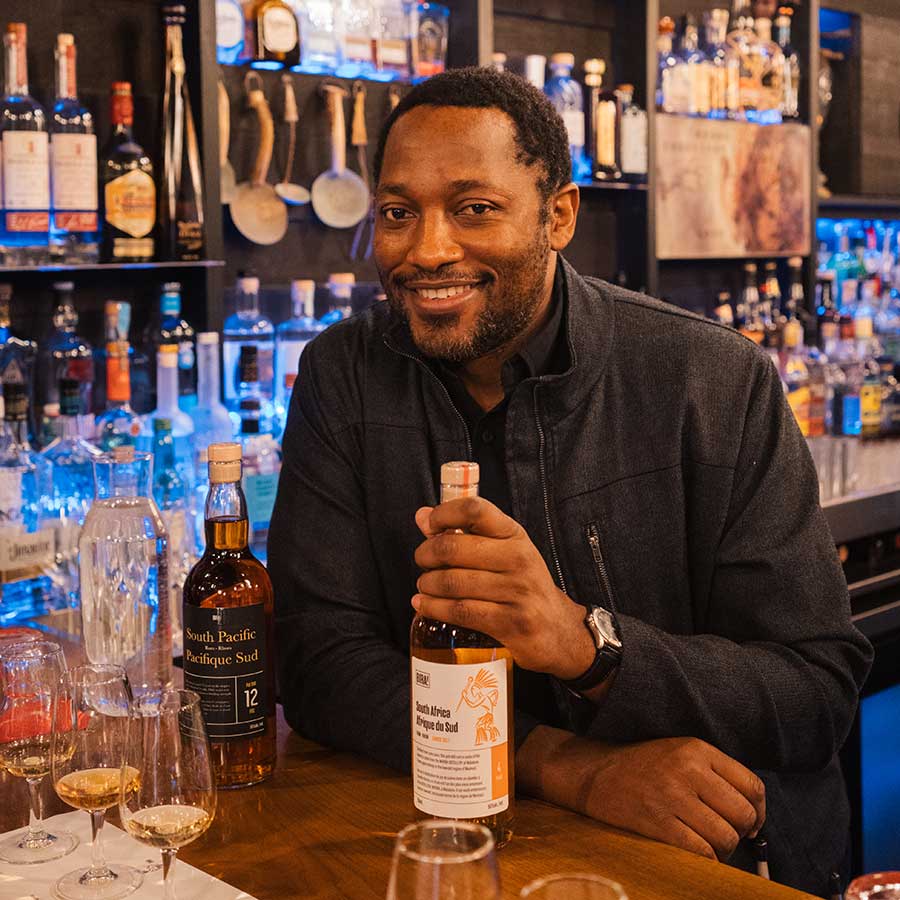
Can you introduce yourself and tell us about your career?
My name is Karl Mudzamba. I’m a Zimbabwean expatriate living in Vancouver on the west coast of Canada. I’ve been working on the waterfront as a container terminal professional for twenty years.
At one point in my life I played rugby, which brought me to New Zealand where I lived for 12 years. I’ve also worked in the rum sector for the last four years. It’s my labour of love that I look after in my spare time.
How did you become an independent bottler? And since when?
I love rum above all. Canada isn’t the best place for someone like me because we don’t have the best selections. Over the years, I’ve indulged my passion and wanted to contribute to the rum conversation in my region.
At first I tried to import brands, but it turns out that enthusiasm is not enough for a beginner. I understand the commercial sense of it, especially as I’ve been in the business for almost four years. The independent route was my only option and I’m grateful for the way the cards have fallen. I have a lot more autonomy and I’ve learnt the trade at my own pace.
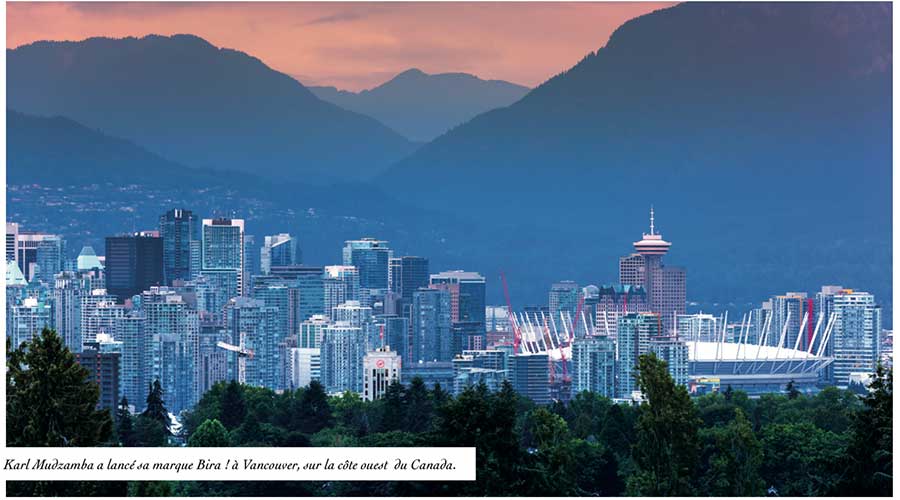
How do you make your selections?
I sit down with the boss, my wife, and we taste samples and decide what to bottle. She writes the cheques.
How do you go about importing alcohol (and rum) into Canada?
The rules governing alcohol are fairly complex in Canada. Each province has a liquor commission that acts independently of the others. It took me about a year of research to be sure enough to launch the project.
My bottler, Rock Spirits, is on the east coast. When I buy rum in bulk, I send it to them and they take care of the rest. They’ve been particularly valuable to me, because they know how to go about complying with the regulations. I also rely on their scale, which helps me to keep costs down.
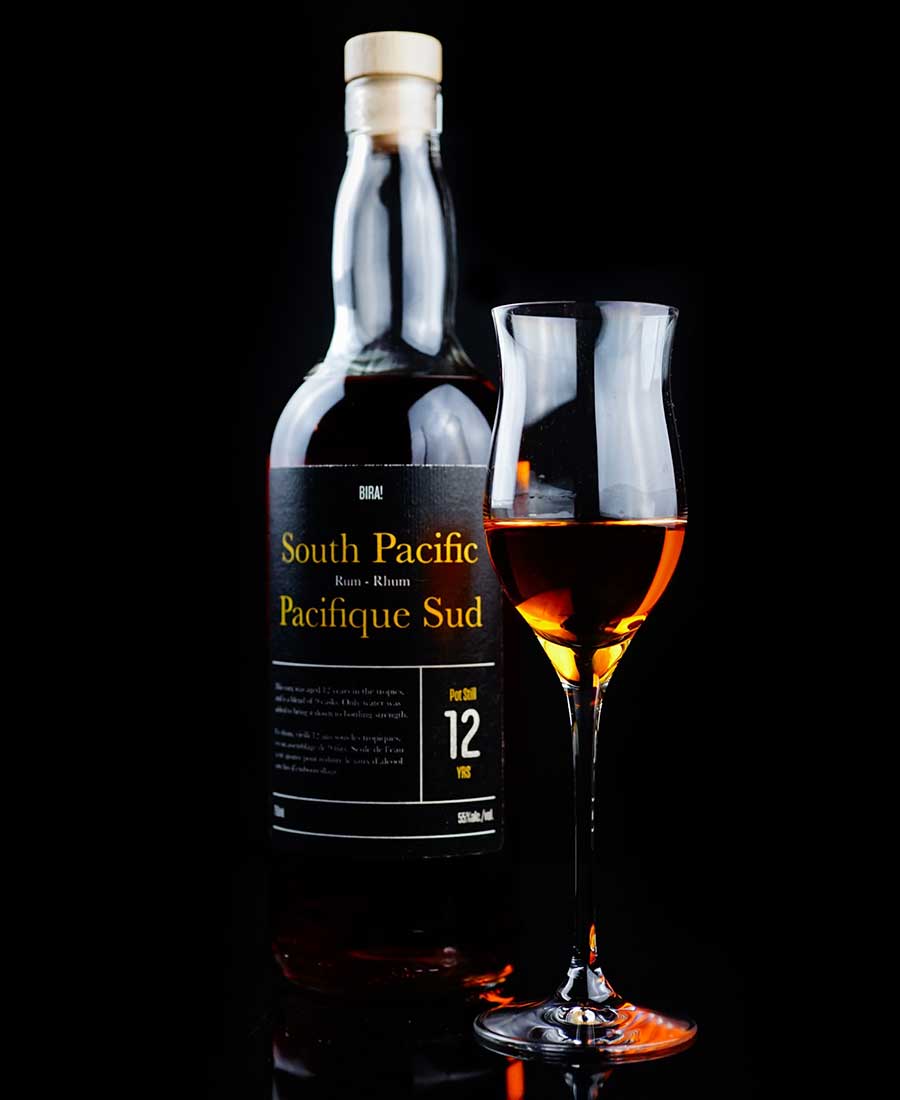
How do you manage to market your rums under the state monopoly? How does it work?
We are currently present in two provinces, Alberta and British Columbia. In Alberta, the liquor commission is responsible for regulation. It is the first province to have completely privatised the retail trade.
The government withdrew from the retail sector in 2002. Alberta has some of the lowest liquor taxes in the Western Hemisphere. Alberta offers by far the best selection of alcohol in Canada. A handful of retailers ship their products across the country, so our rum is distributed to anyone who wants it in Canada, no matter where they live.
Our rum is most affordable in Alberta. British Columbia has a mixed system, with the government still involved in retail, alongside private retail shops. Our selections are second in Alberta because of the private shops, when compared nationally. In British Columbia, our rum is sold in private shops. Most Canadian provinces have a state monopoly.
As you probably know, it’s a minefield of paperwork to get in, then you have to deal with high liquor taxes and other stringent requirements. As we only have a limited number of bottles, it makes sense for us to focus on the region we’re currently in.
If the opportunity arises to enter another province, we’ll look at it. In the past, I’ve organised masterclasses in provinces where we don’t have an official presence. I’ll continue to do so. We sell a lot of bottles in Quebec and Ontario, and these classes help us retain our customers.
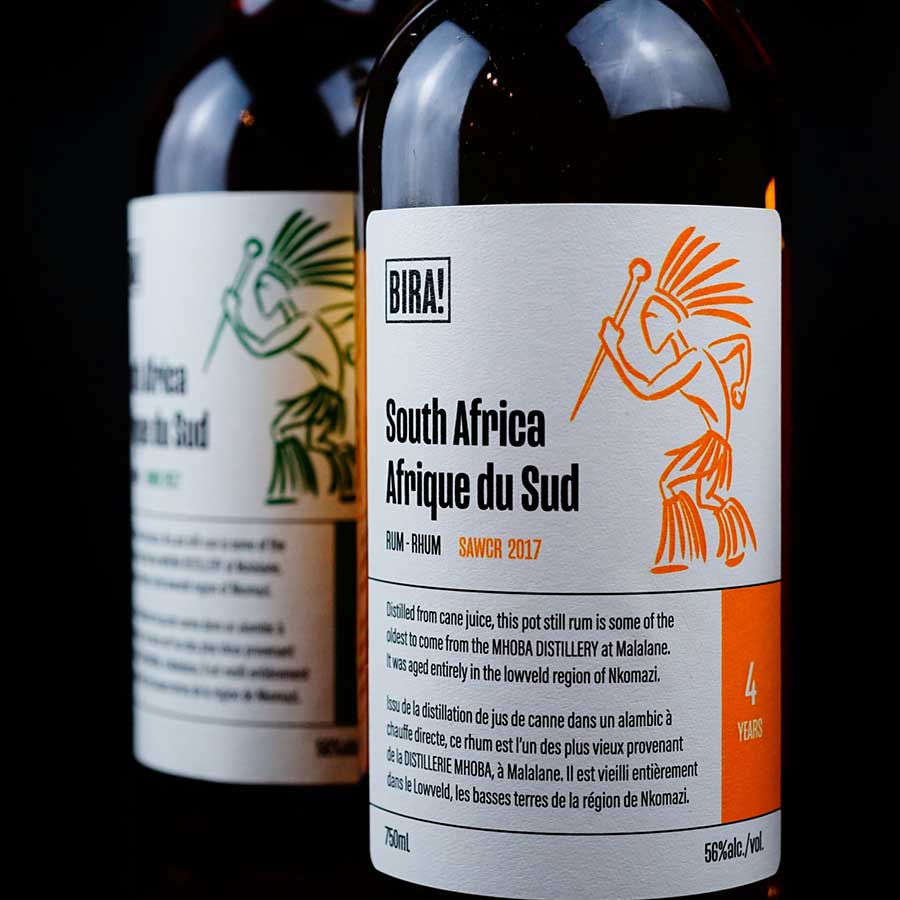
A word about the name of your brand: Bira!
It’s a link with my roots. I’m Shona and my people have believed for years that the spirits of our ancestors are the link between the living and God. We have a ceremony called Bira, where families come together to attract the spirits of our ancestors into the house.
It’s an all-night ceremony and these spirits possess the bodies of the family’s spirit mediums. Prayers are then communicated to God in this way. It’s a party, with music, dancing, food and alcohol.
People become spiritual, especially when they drink with their loved ones, whatever their race. It seemed like a good way to connect my roots with the rum we bottle.
Where can we find your selections? And how many references have you marketed since the beginning of the adventure?
For the moment, you’ll have to fly to Western Canada, or find a willing mule to bring you some in Europe. We’re working on exporting in the near future.
So far, we have 3 expressions, the first being South Pacific 12yr, a Fijian pot still rum aged in the tropics. We then bottled two cane juice rums from the Mhoba distillery in South Africa.
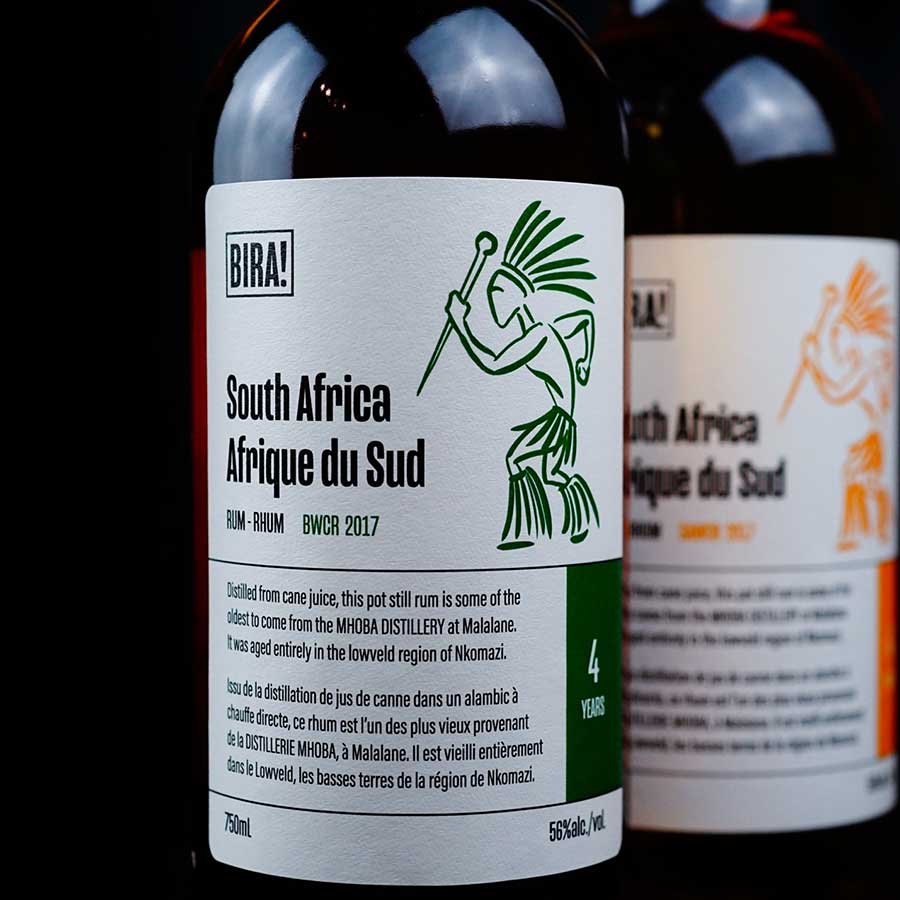
Where can you find your rums in Vancouver?
In Vancouver, you can find our bottles at the Legacy Liquore Store in the Olympic Village, at the Gull on the North Shore and at Jak’s Liquor.
What is your vision of independent bottling and what do you think of the proliferation of players?
There are a lot of countries outside the Caribbean that grow sugar cane and also produce rum. I want to source more rum from these regions, that’s my vision.
It’s harder to get, but I think it’s worth bringing something a bit different to the market. I’ll start by talking about the situation in North America. There are a lot more players in the United States than in Canada.
My project was the only one of its kind until this year in Canada. There are fewer consumers who know about rum than in the United States, at least in the segment in which we compete.
There are more Americans, which makes sense. I quickly realised that I had to do more consumer education (master classes) than any other form of promotion.
The more “rum noise” there is on the other side of the border, the better it will be for my project in the future. It’s a good thing that there are more independents, this continent has always looked across the Atlantic and envied the choices you have there.
Which selections/rhums impressed you the most?
Who is your favourite child? They’re all different, so I’ll pick one up depending on my mood.
What type of rum do you prefer and why?
I prefer full-bodied rums, I’m all about the flavour.
What are your future projects?
We’ll be bottling three rums in a few weeks’ time: a 15-year-old Venezuelan rum aged in the tropics, and two cane juice rums aged in Europe. These rums come from Marie-Galante in Guadeloupe. They both spent 6 years in Cognac casks, then one of them spent a further year in rye and bourbon casks.
